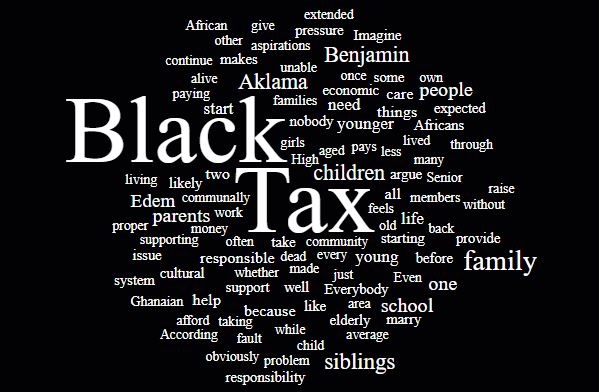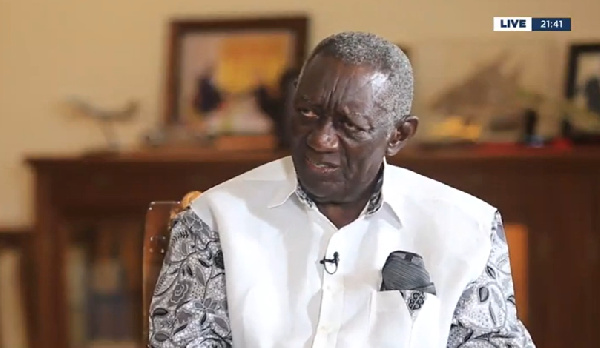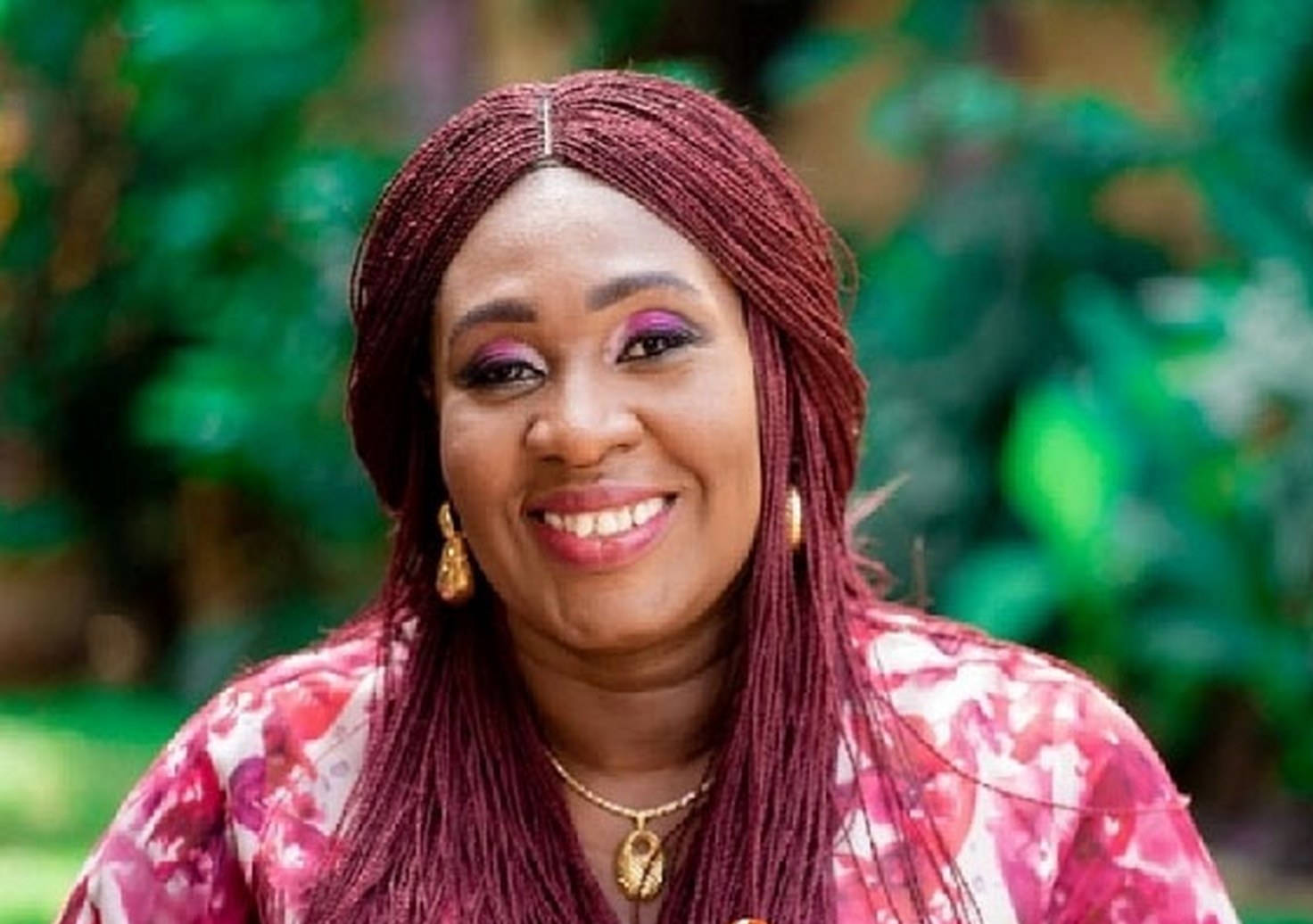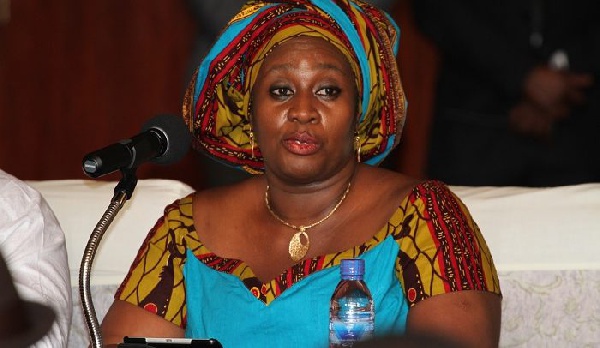
Benjamin Aklama asks: ‘Black Tax,’ a cultural value or an economic issue?

As a young boy growing up, many family members contributed to my upkeep.
My grandparents with whom I lived were like parents to me, providing for every need I had.
My father’s younger sister also came to my aid in Senior High School, buying for me, all that the prospectus required of a fresh student entering the Peki Senior High School.
Little did I know these family members who were helping me were paying what is known as ‘Black Tax’.
The phrase ‘Black Tax’ connotes two things according to the urban dictionary.
It means, “the notion that Black people have to work and perform regular tasks twice as well as White people.”
It also implies “the extra money that black professionals are expected to give every month to support their less fortunate family and extended families.”
The latter is what interests me.
The average middle class Ghanaian is most likely either taking care of a younger sibling, an aged parent or another extended family member. As to whether that is a problem or not, is an open debate.
Some have argued that paying ‘Black Tax’ is what makes us Africans. Africans have historically lived in a communally responsible society. Even in some cultures, men are made to marry the wives of their deceased brothers and take responsibility for the children, and widow of the dead.
Any elderly community member was responsible for the proper up-bringing of children back in the day.
I remember getting beaten by an elderly man in my area for shouting on top of my voice one evening, when I was a kid. He said I was disturbing the serenity of the area. And it was not even an issue for my parents because, the community raised children together.
A study of the old African proverb, “it takes a village to raise a child,” reveals how communally responsible blacks have been.
Everybody feels responsible for everyone else’s wellbeing. Those who argue for ‘Black Tax’ say it is just an extension of this African cultural phenomenon.
There’s also the school of thought that says the ‘Black Tax’ is an economic challenge. They argue that if everybody plans for the number of children they can take care of and insure their education, nobody will have to take care of another’s child, whether that child’s parents are alive or dead.
According to this school of thought, if we all plan our old ages well and invest against that dormant age, we may only need our family to visit once in a while to provide some company and not to spend so much on us.
Depending on which of these schools you belong to, the issue of ‘Black Tax’ may be a problem or otherwise. For me, ‘Black Tax’ has become an economic conversation.
The average young Ghanaian who has younger siblings or aged parents is expected to start supporting these people just when the person starts earning money. My friend, Edem, has two of his young siblings living with him. He provides for them like their parents will do. He is unable to move out of home because he cannot afford a two-bedroom house to accommodate him and the girls while he continues fending for them.
Edem had to defer his master’s program because the cost of supporting his two siblings was becoming unbearable, as he pays fees for two siblings who are both in a private school.
Edem has been working for five years but cannot afford to leave his family house, talk less of considering marriage. He will often ask what will happen to his girls if he decides to focus on himself?
His parents are alive but are not well to do. Edem thinks if he allows his younger siblings to grow up in the conditions in which he did, they will be forced to do inappropriate things for a living and so he feels a responsibility for their proper upbringing.
I imagine what Edem’s life would have looked like without his ‘Black Tax.’
Edem who turns 31 in April would probably have married earlier and started raising his own children but as it stands, he is likely to give birth late, if he intends to raise children of his own. And chances are that his elderly children may have to help provide for their younger siblings and the circus is likely to continue.
This ‘tax’ is obviously a hefty one for Edem but could he turn his back on his siblings who obviously need his help?
You may argue that the ‘Black Tax’ payment is one of the reasons why many people are not able to settle properly in life before starting a family.
In our cultural space, starting a family is important for procreation. It is also necessary as it completes one’s dignity, respect and standing before (wo)men.
So though nobody actually forces anybody to start a family, there is a subtle pressure that comes from family and friends to marry and begin making babies. This pressure is powerful. The existence of this pressure is corroborated by the view that once you complete school (tertiary), the next thing family expects you to do is to get a job then marry and start a family. There is no suggestion of the presence of this ‘Black Tax.’
So one pays the ‘Tax’ and he or she is expected to do all other things that people without the baggage of the ‘Tax’ do. The result is that it leaves young people stunted and unable to carry through the aspirations often, as they must combine their aspirations with ensuring that other relatives also have a fair shot at life.
Whose fault? It may not be anybody’s fault. That is how the system handed down to us has been. Everybody makes a contribution to the other’s life.
Imagine a situation where nobody really has to bear the responsibility of literally taking care of his or her siblings and saves or invests all what he or she earns from work to help start life before starting a family. Children born from such families will have no need for their siblings chipping in to make them survive, because such arrangements would have been made ordinarily by their parents already.
The state has its part to play. Imagine we had a strong social support system that could provide housing support to young people who need help and assist them through school (Free SHS is a good start). Having such a system could reduce the amount of ‘Black Tax’ one may have to pay.
One wonders if there is an end in sight for this ‘Black Tax’. Or does it have to continue being one of those things that makes us the Africans we are?
Written by: Benjamin Aklama
The writer is Citi FM/Citi TV’s Volta Regional correspondent
Source: citifmonline.com






